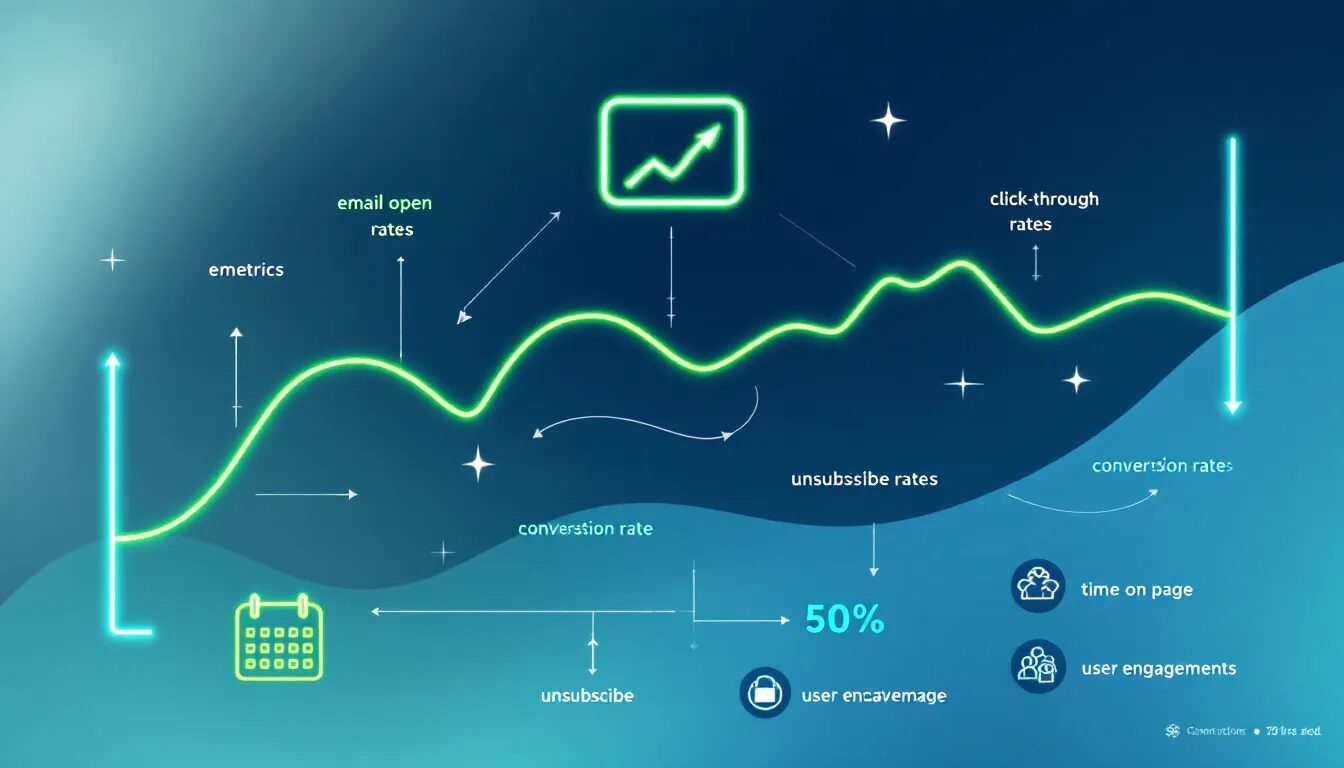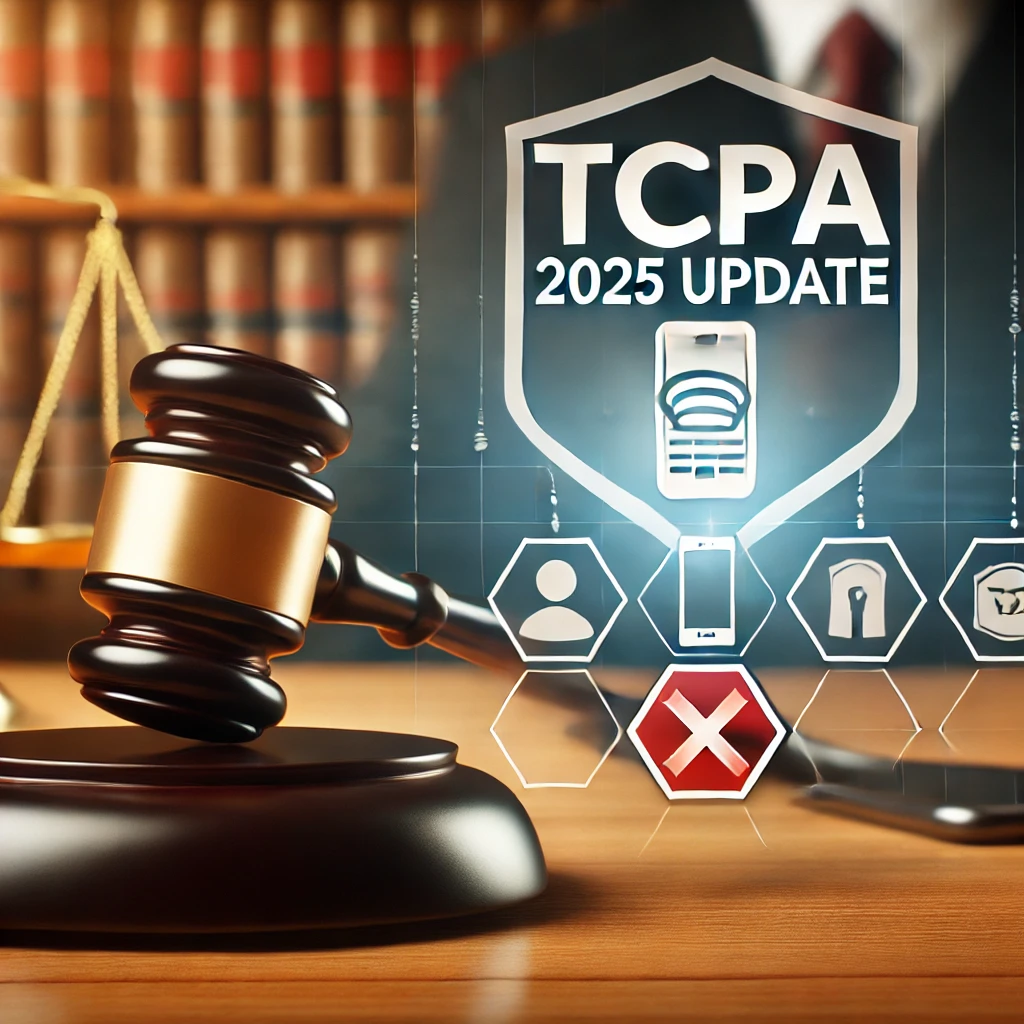
3 Valuable Insights Into Selling Email Marketing to Your Clients
Chances are, your clients know about the array of email marketing service providers out there; they may even already be using one of them. So, how do you convince them to use the co-branded solution you set up with us? One of our partner agencies gives us the scoop.
Since 2010, Vyral Marketing has incorporated VerticalResponse as one of the main components in driving referrals and sales for their real-estate clients. They’ve become pros in promoting the value of email marketing. COO, John McMillan, shares three valuable insights into Vyral’s strategy for success email templates.
Provide Value
Vyral Marketing’s bread and butter is creating content for their clients using video marketing. When it comes to email marketing, the value is clear, but clients don’t always understand how to execute a strategy that’s consistent and drives results. That’s where Vyral comes in.
“We make it easy and come up with educational content that adds value to their database. Sometimes our clients already use another email service provider, but not with much consistency. Consistency is the key to getting results. Ten percent of your database should be referring you every year, and if you are not staying in touch with them, that’s a lot of business you are losing.”
Integrate Email Marketing Into Your Core Service Offerings
While video marketing is their primary focus, email marketing is the backbone of their 3-Step Plan for helping clients increase referrals and sales:
1. Ask for an email when you meet a person.
2. Make two educational Q&A videos a month.
3. Call the people who watch your videos.
“We like to send two video emails with educational content each month. For example, if you’re an auto repair shop owner, send just a simple 2-minute video on how to keep your car in good shape. The strategy is the same for every client, but we customize the content for each of them depending on the market and their industry. After three business days, we send them an email of all the people who opened and clicked in the email. These are the leads they can use to follow up on.”
Educate
Vyral Marketing does all the work for their clients of providing content for their videos and emails. It’s also necessary for their clients to understand how to build their email lists organically, be consistent and understand the results.
Their website is packed with informational videos including, ‘How to Get More Emails to Grow Your List’ and ‘Six Email Follow-Up Sequences You Need’. Along with the tutorials on their website, they have a corresponding YouTube channel where clients can quickly access all the ‘how to’ videos they’ve created.
In addition to the tutorials they provide, Vyral Marketing designates coaches to each client to review results from every campaign. They walk their clients through the results to help them understand the value of a consistent email marketing strategy that will grow their business over time. digital marketing blog post calls to action online retail return on investment drag and drop email design click through rate email campaign opening your email marketing channel lead nurturing. “Our clients spend a certain amount of money with us per year and our goal is to increase their repeat and referral business 10x. Sometimes it takes a few months to start seeing results and our coaches help our clients track their progress.”
By providing value, integrating email marketing into their core service offerings and educating their clients about the benefits, Vyral Marketing is able to make email marketing an ‘easy-sell’. Try implementing these ideas into your strategy for selling email marketing to find out if they work for your business.
Sign up for our weekly newsletter to get more email marketing advice.
Email marketing is a powerful tool that can help businesses reach their target audience and drive conversions. However, selling email marketing services to clients can be a challenge. In this blog post, we’ll discuss how to sell email marketing and some tips to help you convince clients of its effectiveness.
Understand the client’s needs
Before you can sell email marketing to a client, it’s important to understand their needs. What are their goals? What do they hope to achieve with email marketing? Understanding the client’s needs is the first step in crafting a successful email marketing campaign.
One effective way to understand the client’s needs is to ask questions. Some good questions to ask include:
What is your target audience?
What are your business goals?
What do you hope to achieve with email marketing?
What are your current marketing efforts?
What are your pain points?
By asking these questions, you can get a better understanding of what the client wants and how email marketing can help them achieve their goals.
As a marketer, your main goal is to help your clients achieve their business objectives. When it comes to email marketing, this means understanding your client’s needs, goals, and pain points. One of the most effective ways to achieve this is by asking the right questions.
Asking questions is a fundamental part of the sales process. By asking the right questions, you can uncover the client’s needs, motivations, and goals. This information is essential for creating a tailored email marketing strategy that meets the client’s specific needs.
Here are some good questions to ask when working with a new client:
What is your target audience?
Understanding the client’s target audience is essential for creating effective email marketing campaigns. By understanding who the client is trying to reach, you can create content that resonates with their audience and drives conversions.
Some questions to ask about the target audience include:
Who are your current customers?
What are their demographics?
What are their pain points and challenges?
What are their goals and aspirations?
What types of content do they prefer?
What are your business goals?
Understanding the client’s business goals is also essential for creating effective email marketing campaigns. By understanding what the client is trying to achieve, you can create campaigns that align with their overall business strategy.
Some questions to ask about business goals include:
What are your short-term and long-term business goals?
What is your vision for your company?
What are your biggest challenges?
What are your biggest opportunities?
How does email marketing fit into your overall marketing strategy?
What do you hope to achieve with email marketing?
Understanding the client’s goals for email marketing is also essential for creating effective campaigns. By understanding what the client hopes to achieve, you can create campaigns that align with their objectives.
Some questions to ask about email marketing goals include:
What do you hope to achieve with email marketing?
What are your specific goals for email marketing?
How do you define success for email marketing?
What metrics do you use to measure the success of your email campaigns?
What are your biggest challenges when it comes to email marketing?
What are your current marketing efforts?
Understanding the client’s current marketing efforts is also essential for creating effective email marketing campaigns. By understanding what the client is currently doing, you can create campaigns that complement their existing marketing efforts.
Some questions to ask about current marketing efforts include:
What other marketing channels are you using?
What types of content are you creating?
What is your budget for marketing?
How are you measuring the success of your marketing efforts?
How do you see email marketing fitting into your overall marketing strategy?
What are your pain points?
Understanding the client’s pain points is also essential for creating effective email marketing campaigns. By understanding what the client is struggling with, you can create campaigns that address their challenges and provide value to their audience.
Some questions to ask about pain points include:
What are your biggest challenges when it comes to marketing?
What are your biggest challenges when it comes to email marketing?
What are your customers’ biggest pain points?
How can email marketing help alleviate some of these pain points?
What do you see as the biggest obstacles to achieving your goals?
By asking these questions, you can get a better understanding of what the client wants and how email marketing can help them achieve their goals. This information is essential for creating effective campaigns that deliver results.
In addition to asking questions, it’s also important to listen actively and take notes. This will help you remember important details and show the client that you are invested in their success. Remember, the more you understand your client’s needs and goals, the better you can tailor your email marketing strategy to meet their specific needs.
In conclusion, asking the right questions and creating a tailored email marketing strategy can help you meet your client’s needs and achieve their business goals. By taking the time to understand your client’s target audience, business goals, email marketing goals, current marketing efforts, and pain points, you can create campaigns that resonate with their audience and drive conversions.
Remember, email marketing is an ever-evolving field, and it’s important to stay up-to-date with the latest trends and best practices. By continually learning and adapting your strategy, you can create effective campaigns that deliver results and help your clients grow their business.
In summary, effective email marketing is all about understanding your client’s needs, goals, and pain points. By asking the right questions and creating a tailored strategy, you can create campaigns that resonate with their audience and drive conversions. So take the time to listen, understand, and create campaigns that deliver results. Your clients (and their customers) will thank you for it.
Highlight the benefits of email marketing
Once you have a clear understanding of the client’s needs, you can start to highlight the benefits of email marketing. Some of the key benefits of email marketing include:
Cost-effectiveness: Email marketing is a cost-effective way to reach a large audience. It’s much cheaper than traditional advertising methods like print or TV ads.
High ROI: Email marketing has a high return on investment (ROI). According to a report by the DMA, email marketing has an average ROI of $42 for every $1 spent.
Personalization: Email marketing allows for personalization, which can help increase engagement and conversions. Personalization can include using the recipient’s name in the email, segmenting the audience based on interests, and sending personalized content.
Measurability: Email marketing is highly measurable. You can track metrics like open rates, click-through rates, and conversions, which can help you optimize your campaigns over time.
Automation: Email marketing can be automated, which can save time and increase efficiency. Automation can include things like welcome emails, abandoned cart emails, and post-purchase follow-ups.
By highlighting these benefits, you can show clients how email marketing can help them achieve their goals in a cost-effective and efficient way.
Share success stories
Another way to convince clients of the effectiveness of email marketing is to share success stories. If you’ve worked with clients in the past who have seen success with email marketing, share those stories with your potential clients.
Case studies are a great way to showcase the success of email marketing. For example, you could share a case study that shows how email marketing helped a client increase their revenue by 30%. Sharing real-world examples can help potential clients see the benefits of email marketing in action.
Showcase your expertise
To sell email marketing, you need to showcase your expertise in the field. Clients want to work with experts who can help them achieve their goals. Here are some ways to showcase your expertise:
Certifications: If you have any certifications in email marketing, be sure to highlight them. Certifications show that you have a deep understanding of the subject matter.
Case studies: As we mentioned earlier, case studies are a great way to showcase your expertise. They show potential clients that you have experience in the field and can help them achieve their goals.
Blog content: If you have a blog, be sure to create content related to email marketing. This can help establish you as an expert in the field.
Testimonials: Client testimonials can be a powerful way to showcase your expertise. If you have worked with clients who have seen success with email marketing, ask them for a testimonial that you can share with potential clients.
Address objections
Even if a client is interested in email marketing, they may have objections that need to be addressed before they commit to working with you. Some common objections to email marketing include:
It’s too time-consuming: Clients may be concerned that creating and executing email marketing campaigns will take too much time. To address this objection, you can highlight the benefits of automation. Show the client how email marketing can be automated to save time and increase efficiency.
It’s too expensive: Clients may be concerned about the cost of email marketing. To address this objection, you can highlight the cost-effectiveness of email marketing compared to other advertising methods. You can also show the client how email marketing can have a high ROI, making it a worthwhile investment.
It’s not effective: Clients may be skeptical of the effectiveness of email marketing. To address this objection, you can share success stories and case studies that show how email marketing has helped other businesses achieve their goals. You can also highlight the measurability of email marketing and show the client how metrics like open rates and click-through rates can be tracked to optimize campaigns over time.
Conclusion
Selling email marketing can be a challenge, but by understanding the client’s needs, highlighting the benefits, sharing success stories, showcasing your expertise, and addressing objections, you can convince clients of the effectiveness of email marketing. Remember to be patient and take the time to explain the value of email marketing. With the right approach, you can help your clients achieve their goals and drive conversions through email marketing.
In addition to the strategies mentioned above, it’s important to also prioritize building a strong relationship with your clients. Email marketing campaigns require a level of trust between the client and the service provider. This means taking the time to listen to your client’s needs, providing regular updates, and being transparent about the progress of their email campaigns.
It’s also important to tailor your approach to each individual client. Every business is different and may have unique needs and goals. Take the time to understand each client’s specific pain points and goals so that you can create a tailored email marketing strategy that meets their needs.
Finally, it’s important to stay up-to-date with the latest trends and best practices in email marketing. This means regularly researching new technologies, tactics, and strategies that can help your clients achieve their goals. By staying informed and up-to-date, you can position yourself as an expert in the field and provide valuable insights to your clients.
In conclusion, selling email marketing requires a combination of understanding the client’s needs, highlighting the benefits, showcasing your expertise, addressing objections, building strong relationships, tailoring your approach, and staying up-to-date with the latest trends and best practices. With these strategies, you can help your clients achieve their goals and drive conversions through email marketing.
© 2015 – 2018, Contributing Author. All rights reserved.



